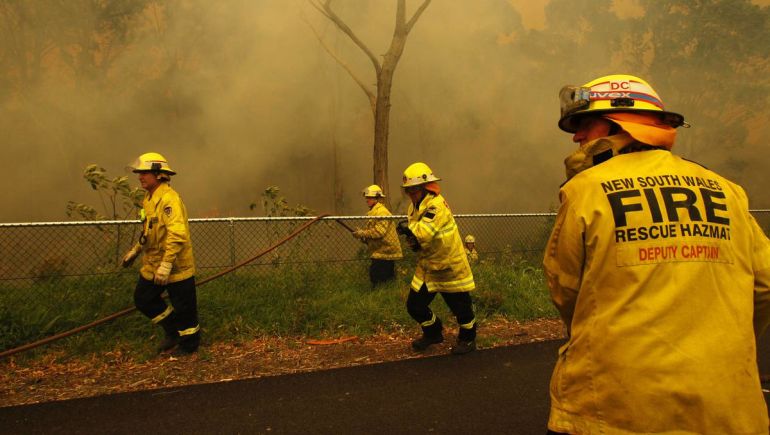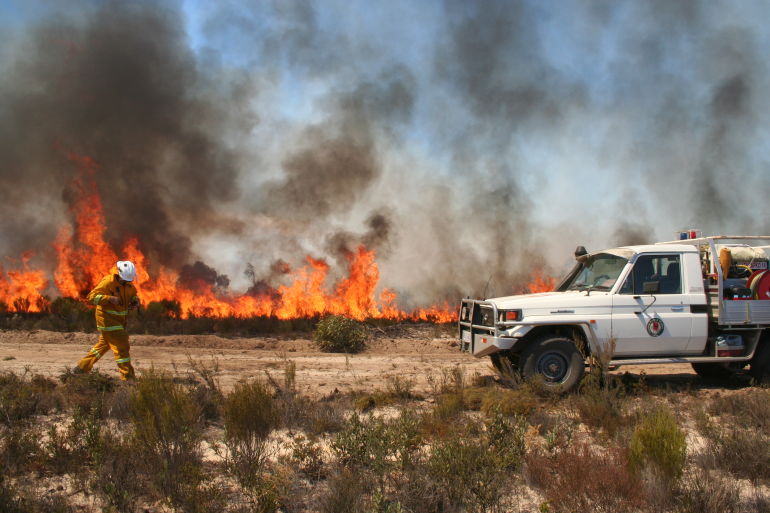How To Get Your Home Bushfire Ready
Now that the days are getting longer and the sun is making more frequent appearances, the least enjoyable part of summer is also hurtling towards us. It’s never too early to start thinking about bushfire safety, even if you don’t live in an especially high-risk area. Bushfires are sadly an inevitable part of life in much of Australia and it’s important to take steps to minimise the risk of damage or loss of your home. A popular misconception is that homes perish in the full rush of the fire itself - in fact, the destruction of domestic property is usually due to floating embers which are carried on the winds around catch homes before and after the firefront. This means how well you prepare your backyard can have a significant effect on the outcome of the disaster.


1. Clean your gutters
Although this should ideally be done regularly right through summer, having a spring clean now can ease the job later on. Gutters are notorious for harbouring dry leaves and branches which may easily provide fuel for a fire. You can also have special designs installed which specifically prevent embers from being able to land in leaf-filled gutters.
2. Prune your garden
Especially any medium to large vegetation near the house. If you’re in a really high risk area, you probably don’t have garden beds directly under windows. Mow the lawn and trim all around your property - CFA Victoria advises that all grasses should be kept shorter than 10cm.
3. Tidy your property
Rake up all leaf litter for easy disposal and discard any piles of recycling that have accumulated over the winter. Consider using garden rocks or pebbles instead of flammable mulch in garden beds.
4. Check your insurance policy
Make sure you’re clear on exactly what it covers in terms of bushfire damage. Ensure you are up to date with payments and the fine print - especially in terms of what you cannot claim and whether there are limits on what you can. Making an inventory of your assets can save time down the track.
5. Think carefully
Follow the state or territory regulations of your area to devise a Bushfire Survival Plan. Since a bushfire emergency is such a high-stress situation, it can be very hard to think or react logically and it is better to have clearly defined guidelines for how you will handle situations. Your plan should include an emergency kit and whether you plan to defend your property and under what circumstances you would choose to leave. Make a comprehensive list or keep tabs on important documents, such as marriage and birth certificates, passports and photo albums, and make sure your plan incorporates handling pets.
For first-hand experience of the Grampians fires earlier this year, see these unexpected lessons from Danial Ahchow, the co-founder and managing director of Service Central. For advice on landscaping and choosing plant species which post the least threat to homes, sheds and outdoor structures, see here.


